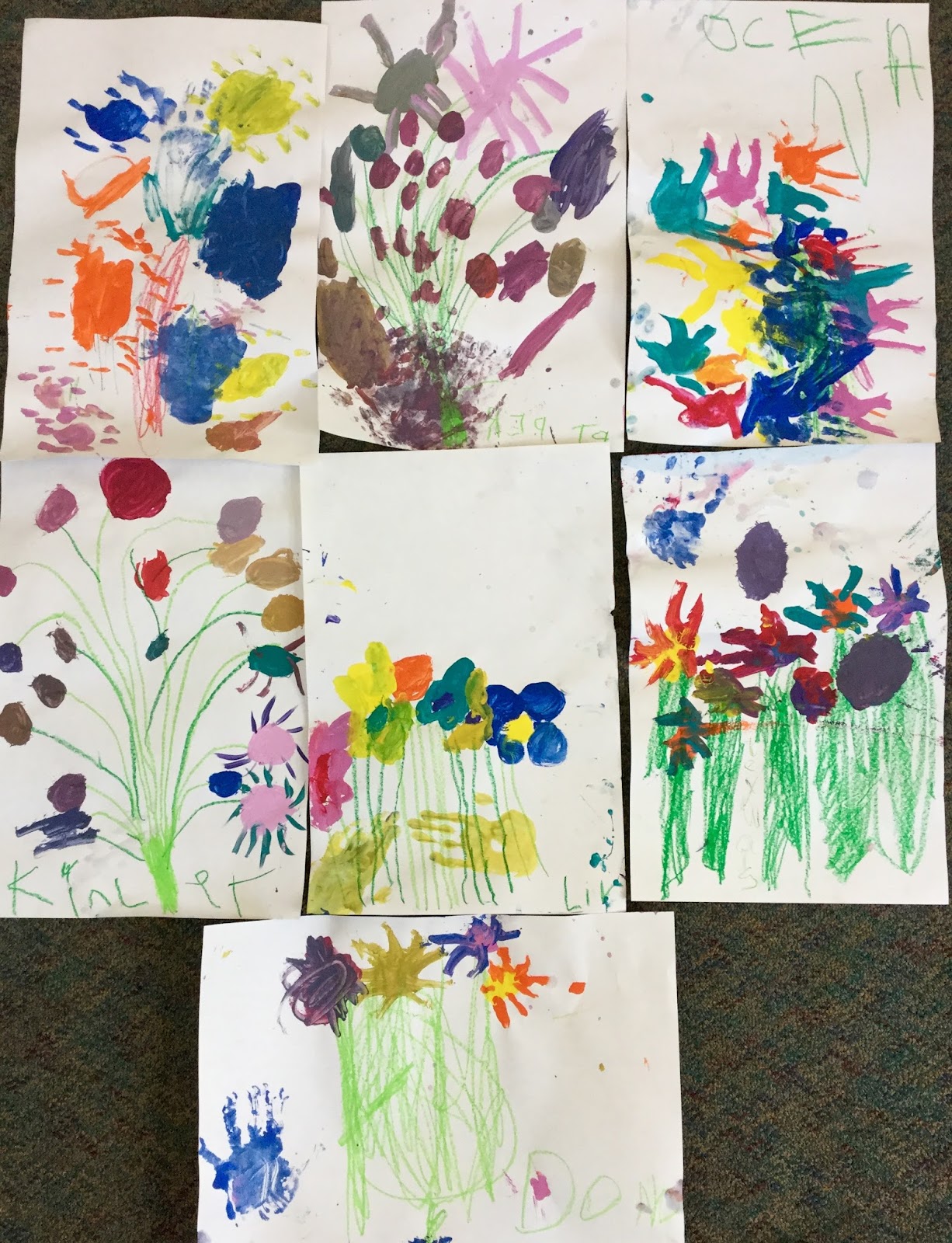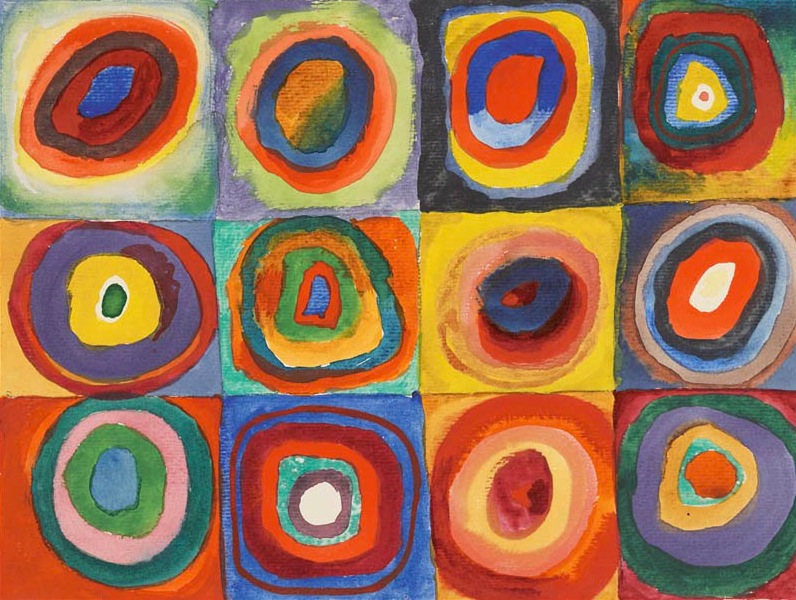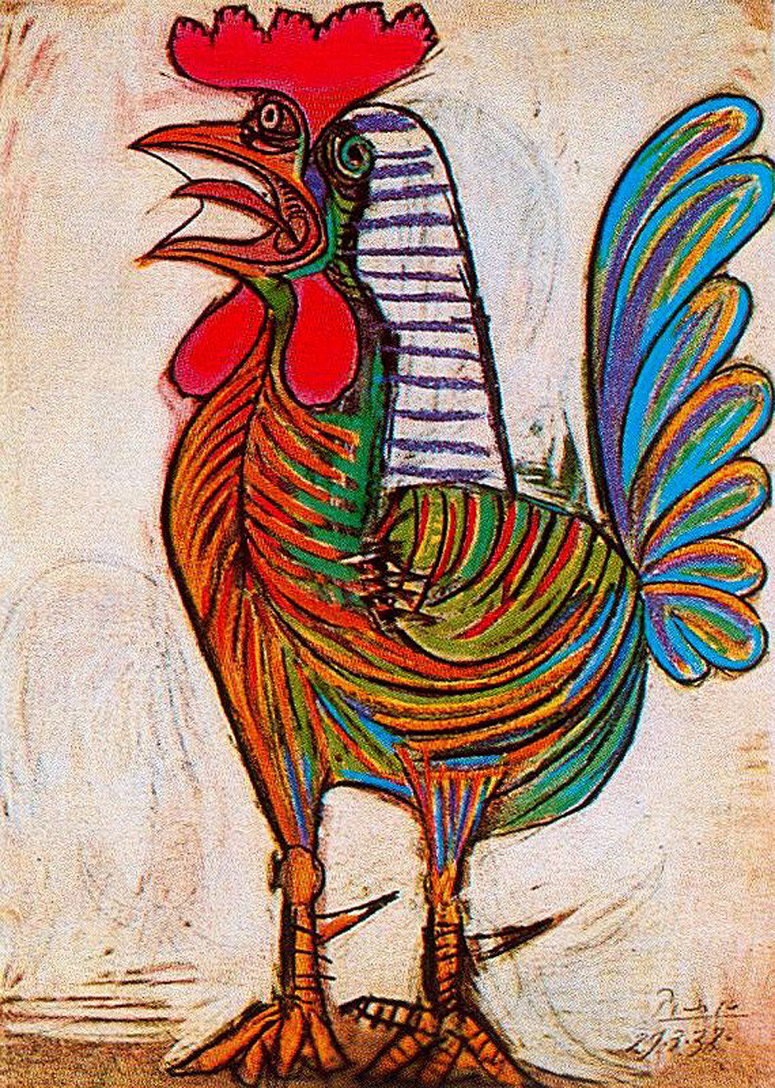
This is the blog for the Waitsfield Elementary School Art Program in Waitsfield Vermont. This site is maintained by Nora McDonough. It contains photographs and information about past and current art projects completed at all levels, K-6.
Showing posts with label oil pastel. Show all posts
Showing posts with label oil pastel. Show all posts
Tuesday, October 30, 2018
Friday, January 13, 2017
Portraits Inspired by Sandra Silberzweig
Sandra Silberzweig is a contemporary artist from Toronto. She has a condition called synesthesia, which is a crossing of the senses. This means that she may "hear" colors or "see" music.
Here is a poem she wrote called "When you are a synesthesia goddess ...... your day dreams are always in color"
I am a synesthesia goddess
I have no fear of color
It lives in my soul, dances in my heart
Spills out of my fingers flowing down a canvas
I can see your aura
Taste the color black
Feel the chill of the green wind
Smell blue butterflies
Hear the yellow rain
Life is never boring when inspiration is always around
Click here to read more about Sandra Silberzweig, the work she has done to share her experience with synesthesia and how she has turned this condition into a driving force for her creative work.
Silberzweig's paintings are bold, colorful and imaginative. She primarily paints stylized, patterned-filled portraits.
Third and fourth grade artists looked at examples of Silberzweig's artwork, then created portraits inspired by her unique style. We used chalk pastel and oil pastel and focused on choosing warm and cool color combinations and creating patterns.
Tuesday, December 6, 2016
Inspired by Picasso's "Bouquet of Peace"
Picasso's print is variously titled "Bouquet of Peace,"
"Hands with Flowers," "Hands with Bouquet," "Flowers and Hands," or any
other variation on those words. Originally a watercolor drawing, Picasso
subsequently printed the picture as a color lithograph. He created it
for a peace demonstration in Stockholm, Sweden in 1958.
"Bouquet of Peace" shows his desire for people to join together in love and harmony. The brightly colored flowers convey a sense of hope and rebirth, and the bouquet forms a bond between two individuals symbolized by the two hands displayed within the piece. The simplicity of the forms not only represents Picasso's desire for childlike innocence in his art, but also symbolizes the purity and openness needed to get along with others in peace. (Read more at http://artprep.weebly.com/picasso-bouquet-of-peace.html)
Kindergarten artists looked at Picasso's famous painting noticed that the two hands belong to different people. This means that the flowers are being passed from one person to another.


"Bouquet of Peace" shows his desire for people to join together in love and harmony. The brightly colored flowers convey a sense of hope and rebirth, and the bouquet forms a bond between two individuals symbolized by the two hands displayed within the piece. The simplicity of the forms not only represents Picasso's desire for childlike innocence in his art, but also symbolizes the purity and openness needed to get along with others in peace. (Read more at http://artprep.weebly.com/picasso-bouquet-of-peace.html)
Kindergarten artists looked at Picasso's famous painting noticed that the two hands belong to different people. This means that the flowers are being passed from one person to another.
Labels:
flowers,
hands,
Kindergarten,
oil pastel,
Picasso,
tempera
Tuesday, October 18, 2016
Roosters inspired by Picasso
Here's Picasso's Rooster, drawn with pastel in 1938.
Check out this slideshow of third and fourth grade roosters!
Labels:
chickens,
oil pastel,
Picasso,
rooster,
third and fourth grade
Tuesday, February 2, 2016
Kandinsky Concentric Circles and Collaborative Murals
First and second graders are studying abstract artist Wassily Kandinsky. They are each creating a colorful concentric circle in the style of Kandinsky's most famous painting, Squares with Concentric Circles. They are also working collaboratively on murals in Kandinsky's style. Kandinsky has synesthesia, which means that when he heard music, he saw colors and heard music when he painted. As first and second graders worked on these murals, we listened to music and considered how different colors make us feel.


Don't forget to follow ArtClass_AllDay on Instagram!
A photo posted by Nora (@artclass_allday) on
A photo posted by Nora (@artclass_allday) on
Labels:
abstract,
bulletin board,
circles,
First and Second grades,
kandinsky,
oil pastel,
quote,
video
Friday, April 4, 2014
Kindergarten Kandinskys
KThis lesson has become a Kindergarten "rite of passage" in the art room. I use it nearly every year, almost always with fantastic results. I recently was pleased to discover that when a group of first and second graders saw the painting "Squares with Concentric Circles," they immediately recognized it and remembered this lesson.
Kindergarten artists created their own Kandinsky-inspired circle drawings using oil pastel and liquid watercolor.
Kindergarten artists created their own Kandinsky-inspired circle drawings using oil pastel and liquid watercolor.
Labels:
color,
kandinsky,
Kindergarten,
liquid watercolor,
oil pastel,
shapes
Subscribe to:
Posts (Atom)


































